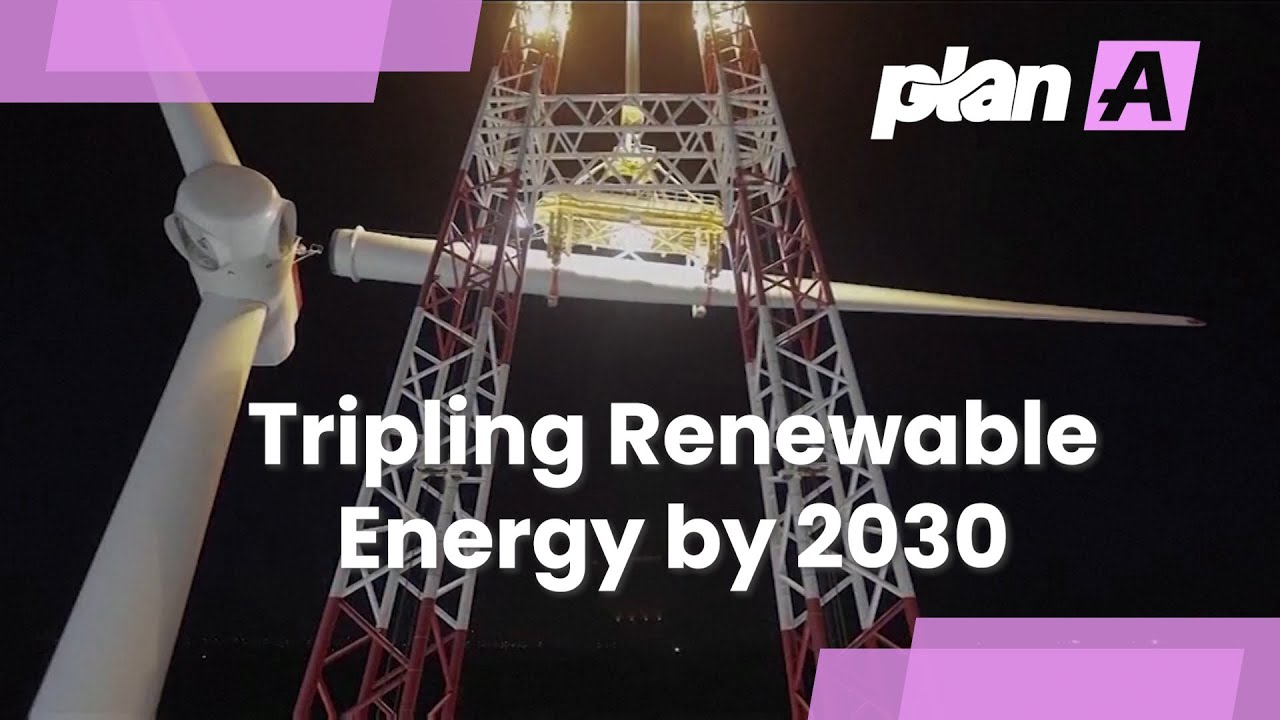
As we approach a pivotal decade for our planet, the urgency for a renewable energy transformation has never been clearer. The United Nations has set ambitious goals: by 2030, the world must triple its renewable energy capacity compared to 2020 levels. With half of the globe’s electricity projected to come from renewable sources, we are witnessing an unprecedented energy revolution.
Despite these hopeful developments, the reality is stark. Current progress is insufficient to meet the UN’s targets. Climate change is pushing us towards extreme weather events and ecological disruption, threatening both ecosystems and human livelihoods. According to the Intergovernmental Panel on Climate Change (IPCC), exceeding the critical 1.5°C temperature limit may lead to irreversible damage.
So, what stands in the way? Fossil fuels remain profitable and continue to underpin our energy system. Without decisive action to shift investments from fossil fuels to renewables, we risk jeopardizing the future of our planet.
Yet, there is hope. Over 70 countries are on track to meet or exceed their renewable energy commitments by 2030, representing 80% of the world’s renewables. If we continue this positive momentum, we can expect a significant increase in renewable energy capacity—over 5,500 gigawatts by 2030—mainly driven by solar and wind power.
However, the path ahead demands concerted effort. Key stakeholders need to halt new fossil fuel projects and redirect investments into sustainable solutions. The World Economic Forum has made it clear: accelerating this transition hinges on our collective commitment to renewables.
Join us to understand how we can transform our energy landscape for a sustainable future. Together, we can meet the challenge and ensure a healthier planet for generations to come.
#RenewableEnergy #Sustainability #ClimateChange #EnergyTransition
source






